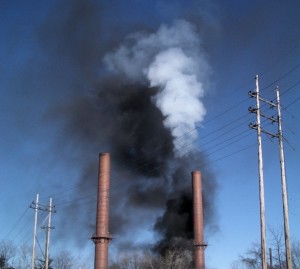Quick, what's the biggest single source of mercury pollution in the Bay Area? If you guessed something like the Chevron facility that caught fire in Richmond last month, you'd be wrong.

It turns out that Lehigh Permanente, a Cupertino company that mines lime and uses it to make cement, put about 260 pounds of mercury into the air in 2011. That's more than any other single facility, according to Aaron Richardson, a spokesman for the Bay Area Air Quality Management District.
And mercury is only the beginning. On Wednesday, the BAAQMD will hold a public hearing on a proposal to tighten restrictions on the amount of mercury, dust, ammonia, hydrocarbons, dioxins, nitrogen oxides and other pollutants the plant releases.
The plant has already been cutting its mercury emissions; output is down from 1,200 pounds in 2005. The new regulations would chop the total by another 95 percent, Richardson said.
The U.S. Geological Survey web site says that "mercury can be a threat to the health of people and wildlife in many environments that are not obviously polluted." But monitoring at the plant has showed no cause for concern, Richardson said. "Our sense is that at the moment the impact on the community is not significant."